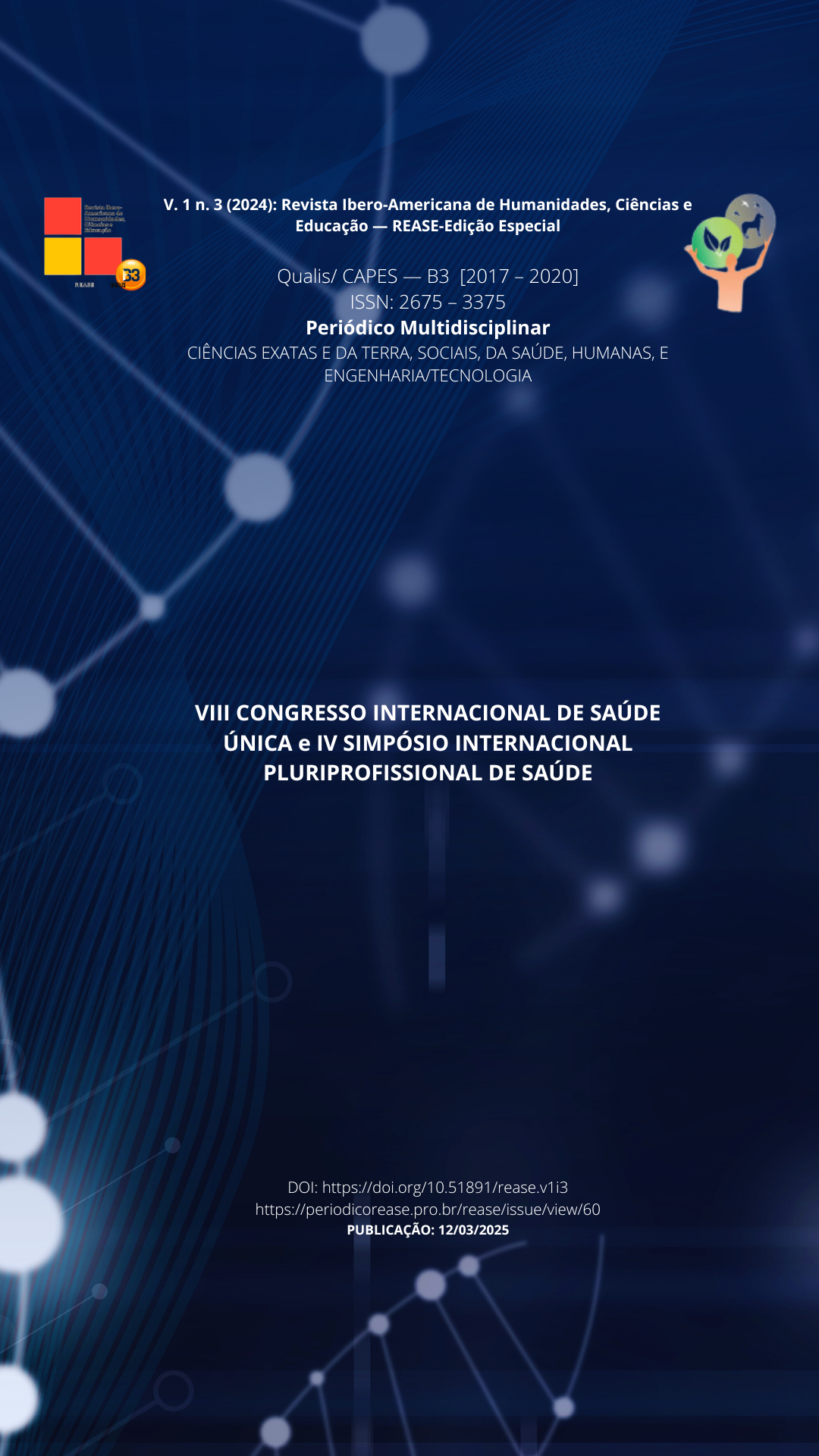ABORDAGENS FARMACOLÓGICAS E TERAPÊUTICAS NO TRATAMENTO DO AVC ISQUÊMICO: UMA REVISÃO DE LITERATURA
DOI:
https://doi.org/10.51891/rease.v1i3.13505Palavras-chave:
AVC Isquêmico, Farmacoterapia, Terapêutica, Reabilitação.Resumo
O Acidente Vascular Cerebral Isquêmico é uma patologia que provoca obstrução vascular nos principais vasos do sistema nervoso, por meio de tromboses, embolias ou tumores, com manifestações sintomáticas derivadas de disfunções motoras, sensoriais ou psíquicas. Constitui a segunda maior causa de morte global, principalmente em países subdesenvolvidos, e 10% dos óbitos em pacientes com idade superior a 50 anos, necessitando de instrução adequada dos profissionais para o tratamento da enfermidade, haja vista a elevada incidência e mortalidade. O objetivo dessa revisão é debater as principais abordagens farmacológicas e terapêuticas do tratamento do AVCi, bem como a reabilitação dos pacientes, relatando os benefícios e suas aplicações na prática médica. A metodologia tratou-se de busca abrangente de artigos nas bases de dados Pubmed e Scielo e utilização da literatura cinzenta, com análise e síntese das informações para a realização do estudo. De acordo com as informações encontradas, o principal tratamento para pacientes com início da apresentação de sintomas em até 4 horas e meia, são os medicamentos trombolíticos, principalmente o alteplase, e demais medicamentos como anti- hipertensivos, estatinas, anticoagulantes e antiagregantes plaquetários. A tombectomia mecânica e a craniotomia descompressivas são abordagens não farmacológicas utilizadas em indivíduos com mais tempo de manifestação sintomática. Estudos do conceito de fatores neuroprotetores foram testados e demonstrado eficiência em animais, porém não em humanos. As reabilitações com fisioterapeutas, fonoaudiólogos e nutricionistas mostram-se essenciais para o retorno à vida autônoma e cotidiana dos pacientes. Apesar das diversas formas de tratamento retratadas, que são imprescindíveis para o conhecimento dos acadêmicos e profissionais da saúde, destaca-se a necessidade da realização de novos estudos que visem reduzir a mortalidade e as sequelas ocasionadas pela enfermidade.
Downloads
Downloads
Publicado
Como Citar
Edição
Seção
Categorias
Licença
Atribuição CC BY

